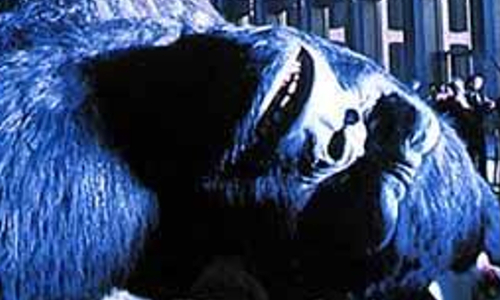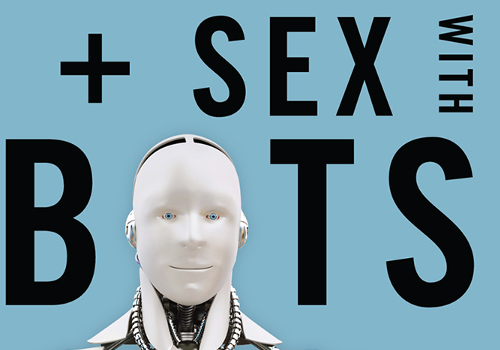D.C.Dennett, B.F.Skinner and H.P.Lovecraft
Today was my last lecture in the “Philosophical Foundations of Cognitive Science” class I took this semester with Dan Dennett.
In class, Dennett posited the following frame theory (to the best of my recollection): The mind, in a highly parallel fashion, is constantly evaluating a multitude of stories (i.e., frames) to determine which frame or combination of frames is most likely to generalize to the current context, thus determining what one’s response should be in its current scenario.
I pointed out that this would likely run into similar problems to Skinner’s radical behaviorism; Skinner believed that behaviors were generated in a stringent stimulus-response framework, and that any observed behavior was thus the result of some reinforcement in the agent’s past. If an agent was presented with a novel (i.e., never before experienced) stimulus, Skinner believed that the agent’s response was the result of reinforcement to similar responses to similar stimuli.
Unfortunately, Skinner is begging the question, as any possible behavior is explained in the same manner: Skinner has only to say “It’s reinforcement!” and be done with it. This merely explains away the question. I’m sure Karl Popper would be equally unconvinced with this, as the approaches of Skinner and Dennett seem, at least at first inspection, to be unfalsifiable.
Or are they?
Could one concoct a scenario to which there is no sufficiently similar scenario experienced or heard of by the agent for which it to compare to, meaning the agent would have no way of selecting any appropriate behavior, as in Dennett’s case it would not find any appropriate frame with sufficient activation, and in Skinner’s case would not find any sufficiently reinforced response to execute?
This brings us to the third actor in our scene: H. P. Lovecraft.
In Lovecraft’s stories, characters encounter indescribable horrors, and go insane as a result. Viewed through the lens of Dennett’s theory, my intuition would be that as the beasts are inherently indescribable, they could not possibly have been described in a story. Viewed through the lens of Skinner’s theory, the indescribable aspect would similarly entail the lack of any sufficiently similar scenario with which to compare the encounter with.
As no frame or response would be choosable by the agent, they would have no way of responding to the encounter. In the world of H. P. Lovecraft, this would result in a rending of the poor soul’s mind, rendering them insane.
Of course, one is unable to put this mapping to the test, as (to my knowledge) there are no indescribable horrors lurking about for us to present to subjects, and even if there were, the IRB for the experiment would be a tough sell.




Leave a Comment